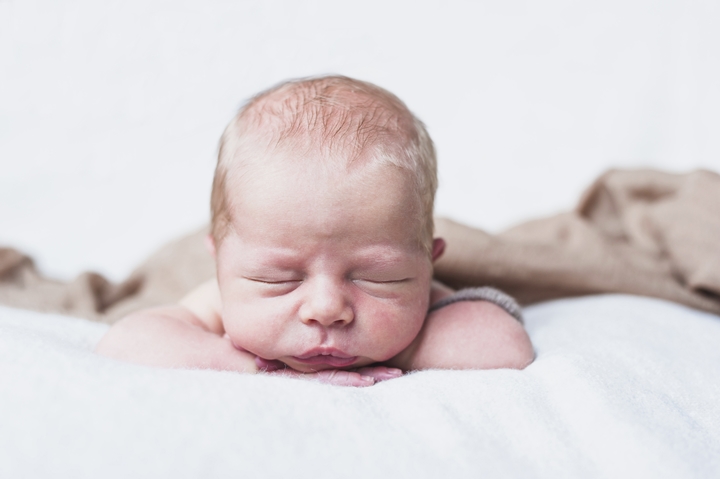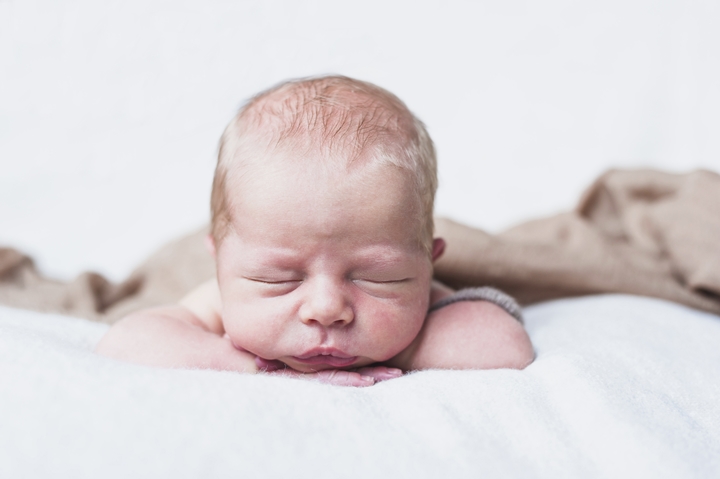
In the first few weeks of your baby’s life, they’re going to be sleeping a lot, approximately 16-17 hours each day. During this vital time of development, it’s important to understand your newborn’s sleep routine, so take a look at this newborn sleep guide.
The first six weeks
The first six weeks of your baby’s life are going to result in an irregular and unpredictable sleeping pattern. This is a result of your baby requiring more nap time despite only being able to sleep for two to three hours at a time.
More time spent in REM sleep means that a baby’s sleep cycle is much shorter, resulting in them often waking. However, this type of sleep is vital for the development of their brain during this period.
Six weeks+
Between six and eight weeks, your baby’s sleeping pattern will begin to change. This means they will nap for shorter periods of time during the day, and longer periods of time throughout the night. It’s likely that they’ll still continue to wake up for feeding during the night but you should notice these interruptions become further apart.
Instilling good sleeping habits from the start will help your baby to sleep for longer later on. The next part of this newborn sleep guide is going to look at how to do this.
Introduce a routine
Creating a routine is very important as this will help your baby to recognise the signs of bedtime. A bedtime routine will also help to relax and calm your little one, thus making it easier for them to go to sleep.
______________
Read More:
Simple Tips to Safe Co-Sleeping with Your Baby
Guide to Handling Colicky Baby for New Moms
4 Effective Ways to Bond with Your Baby
______________
Putting to bed awake
Many newborn sleep guides identify that a large percentage of parents don’t put baby in the crib unless their asleep. This doesn’t help them to learn to self-soothe which can cause problems later on. Self-soothing is a vital skill to help them settle themselves when they wake up in the night and will help them to associate sleeping with their crib as well.
Avoid picking them up
If you can, try to avoid picking your baby up when they’re in their crib. If they’ve woken in the middle of the night and they require comforting in order to go back to sleep, it’s still possible to do this without picking them up.
Leave the room before they’re asleep
As your baby gets a little older, you can try leaving the room before they fall asleep. This will help with the self-soothing and teach them to fall asleep on their own. When comforting them, do so until they stop crying and as they get sleepy again, leave the room first.
There are many newborn sleep guides available to help with the settling of young babies. Whilst it can be frustrating in the first few weeks, it’s not something that happens forever. Monitoring things like how comfortable they are can also go a long way. Ensure they have a clean nappy, clean clothes and that they’re not too hot or cold before you put them to bed to help maximise their comfort.
Resources:
https://www.babycenter.com/0_baby-sleep-basics-birth-to-3-months_7654.bc
http://www.kidspot.com.au/baby/newborn/newborn-sleep/getting-baby-to-sleep-newborn-to-3-months/news-story/c985a19510d885085c112dc8a8be5fed
{{cta(‘ceac604f-5007-4fb2-9b20-3629af4173e8’)}}


